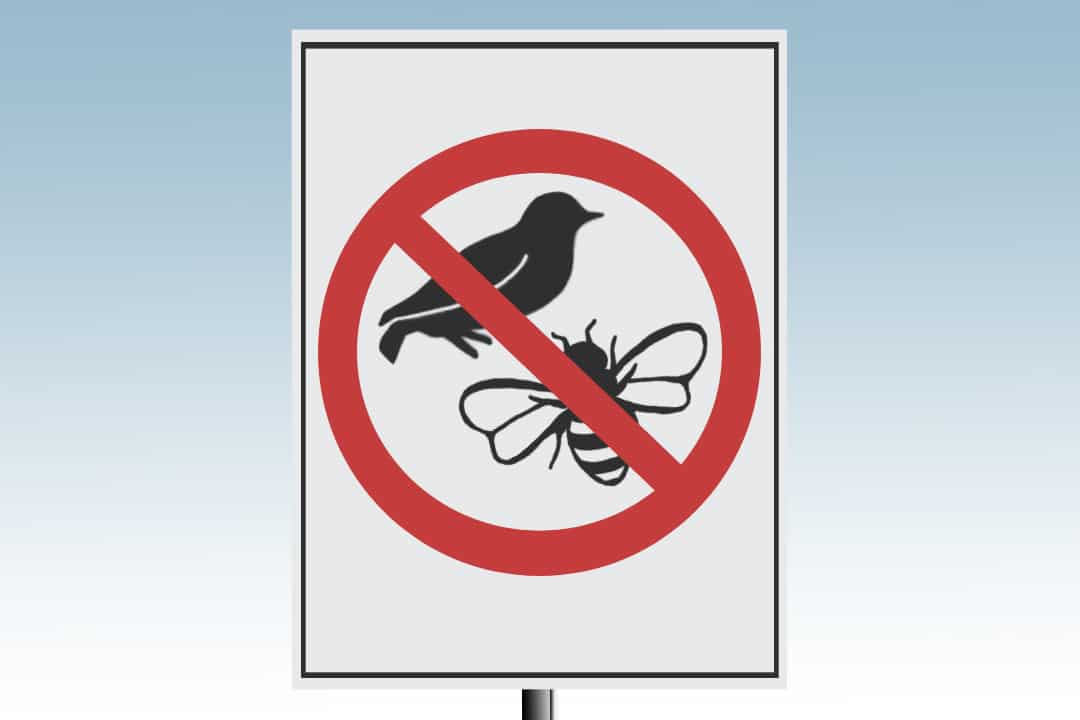From hushed wedding night conversations to women being more vocal about sexual discussions and reproductive rights, the sexual revolution of the 1960s took America by storm. The breakthrough of the pill allowed people to separate sex from procreation. 60 years after the sexual revolution, although the world is a lot more open about sex, the question remains: is there any value in abstaining from sex?
What is abstinence?
For many of us, our first introduction to the concept of sexual abstinence was during an awkward elementary school class. Anticipation and curiosity buzzed in the room, while our anxious teachers were forced to sit down with a room full of 10 year olds and explain to us how our bodies worked and what to do and not to do with them.
When the word abstinence comes to mind, most people think of abstaining from sexual intercourse. And while that is the specific area this article will touch on, it’s important to note that abstinence is a general term for the discipline of not practicing something that is desired or enjoyable, which includes certain addictive substances or behaviours.
In the most widespread interpretations of some major religious texts, Judaism, Islam, and Christianity all discourage premarital sex. Buddhist monks and nuns, known as bhikkhunis and bhikkhus, follow the rules of the Vinaya Pitaka, which commit them to a lifestyle of long-term abstinence to pursue spiritual goals. While they might find satisfaction in this discipline knowing that they are adhering to their religious practices, where does that leave those who don’t subscribe to these religious values?
In a conversation with The Varsity, sociologist and ethnographer Jessica Fields shared her perspective on this matter. Fields began by exploring the notion of “sexual abstinence as a state that people move in and out of across the lifetime.” Abstinence doesn’t have to be a permanent choice, as it can change depending on certain life circumstances. Aside from religion, people choose to abstain from sex for various reasons, including waiting for the right partner, going through a season of loss, or just a lack of interest.
Smash or pass?
The psychological benefits of abstinence include an increased focus on your career and education and more time to take care of mental and physical health concerns. In a 2021 study by Fabio Indìo Massimo Poppi, the researcher looked at women who had chosen to abstain from sex and conducted interviews with them to understand what had led to this choice and what they’ve learned.
Poppi found that a common advantage to stepping back from sexual relationships was that the individuals were better able to optimize their time and engage in activities they previously did not have the time for. Of course, one could rightfully argue that focusing on one’s career or developing hobbies isn’t exclusively a consequence of sexual abstinence, but for these participants, sexual abstinence became a way to reduce “social pressure regarding physical appearance and self-esteem” to improve the value they got from their time. In this same study, the women shared that another advantage of abstaining from sex was that it was a way for them to avoid negative sexual relationships.
Another key benefit of sexual abstinence is that it dramatically reduces risks that come with sex, like unwanted pregnancies and sexually transmitted infections. Although sex is a form of exercise, the cardiovascular benefits aren’t exclusive to sex, which means an individual who chooses to abstain can substitute sex for regular cardio.
Conversely, for people who are unable to start or sustain relationships, sexual abstinence can contribute to anxiety or depression. For an individual whose partner isn’t also sexually abstinent, it could lead to conflict in the relationship.
The choice to practice abstinence
Fields also presented an interesting side to the narrative that often gets overlooked that, unfortunately, not everyone gets the choice to be abstinent. “Women, people with disabilities, people with lower economic status are sometimes in coercive sexual situations, and they don’t get to choose,” she mentioned. So while I’d like to conclude with a stereotypical message on how sexual abstinence is a choice and one we might all consider at some point in our lives, the ugly truth is that the choice to abstain from sex is a privilege and one that not all people have.
Fields notes that there is an issue when we don’t get to choose the sexual life we want or when we aren’t aware of all the possibilities that go along with our choice. Therefore, it is important to be well-educated before deciding to be abstinent or not. Lack of education on sex and abstinence, in general, can lead to harmful sexual behaviours or sexual exploitation.
There are multiple benefits as well as drawbacks to sexual abstinence, and education is important for individuals looking to make that decision, to avoid entering a coercive relationship. But it is the case that that choice in itself is a privilege.


